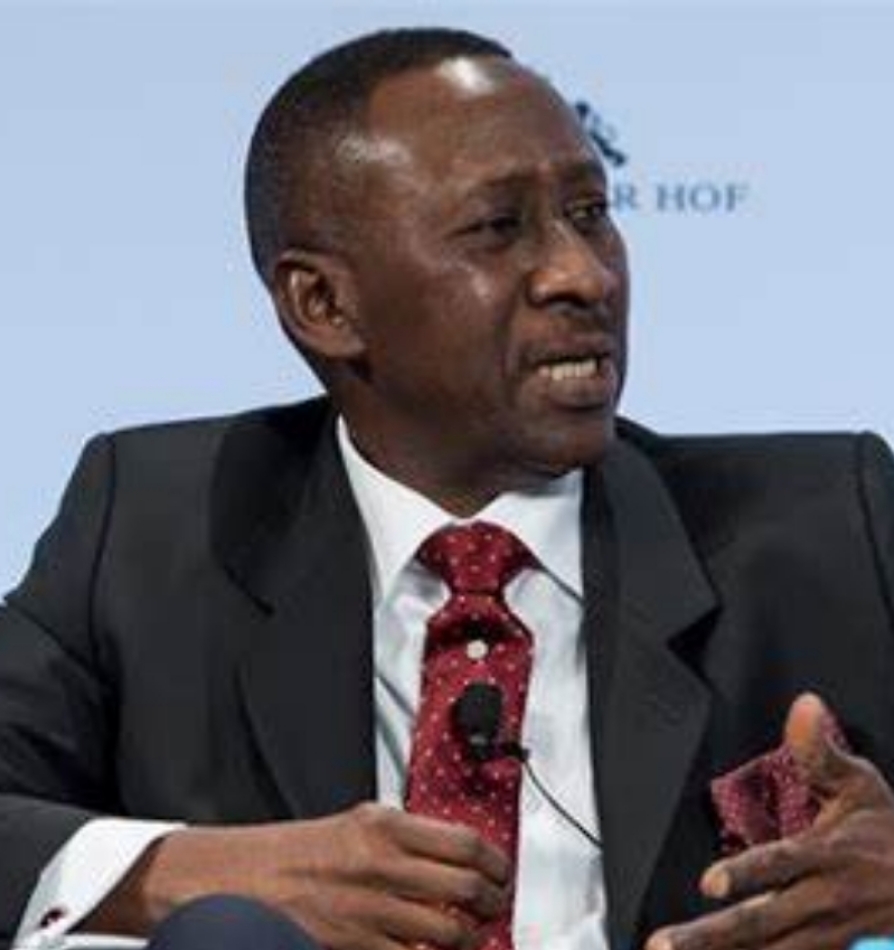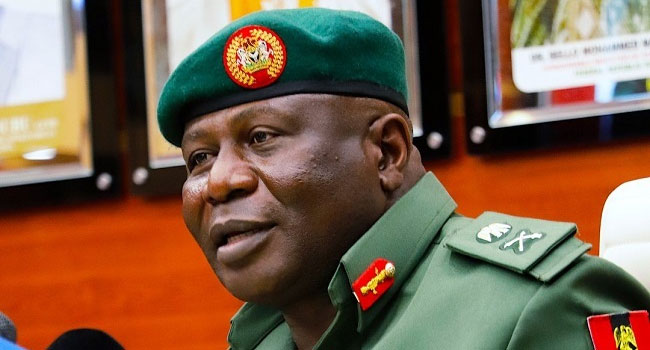Office of the National Security Adviser (ONSA), has taken steps to develop protection plan for Critical National Information Infrastructure (CNII) through the implementation of the new National Cybersecurity Policy and Strategy (NCPS) 2021.
This is contained in a statement by the Head, Strategic Communication, Mr Zakari Usman, ONSA on Tuesday in Abuja.
Usman disclosed that the modality was discussed at the 7th Meeting of the Cybercrime Advisory Council, chaired by the National Security Adviser, retired Maj.-Gen. Babagana Monguno, on Monday in Abuja.
He said that the council, pursuant to its mandate under the Cybercrime Act (2015), deliberated on the development of a protection plan for CNII and updated the modalities for the cybersecurity sensitisation programme for the relevant sectors.
According to him, President Muhammadu Buhari, launched the NCPS 2021 on Feb. 23 following the implementation and review of the maiden National Cybersecurity Policy and Strategy.
“Following the launch, the policy document was widely disseminated to Federal Ministries, Departments and Agencies, private organisations and relevant stakeholders for implementation.
“The 7th meeting of the council reviewed emerging risks in the cyberspace and discussed modalities to facilitate and strengthen ongoing initiatives towards the Implementation of the NCPS 2021.
“The Office of the National Security Adviser updated the Council on the identification, designation and protection of Critical National Information Infrastructure as specified in the Cybercrime (Prohibition, Protection etc) Act 2015.
“Consequently, the Council deliberated on the development of a protection plan and guidelines for the already identified Critical National Information Infrastructure,” he said.
Usman further disposed that ONSA had planned a three-Month Cybersecurity Sensitisation Workshops across seven sectors from September to December as part of ongoing initiatives to achieve the strategic objectives of the policy.
The seven sectors, according to him, include Telecommunications, Defence and Security, Education, Finance and capital market, Energy, Professional organisations, the Private Sector and Judiciary.
“The workshop series will provide information, strengthen cybersecurity governance and coordination, and build the capacity of relevant stakeholders on their responsibilities under the National Cybersecurity Policy and Strategy.
“The workshops will also sensitise stakeholders on the expected deliverables, projected timelines and key performance indicators as required in the Action Plan for the Strategy Implementation.
“The sensitisation programme will begin with the defence and security sector on Wednesday and Thursday and will be conducted other sectors every fortnight till the first week of December,” he said.
(NAN)



